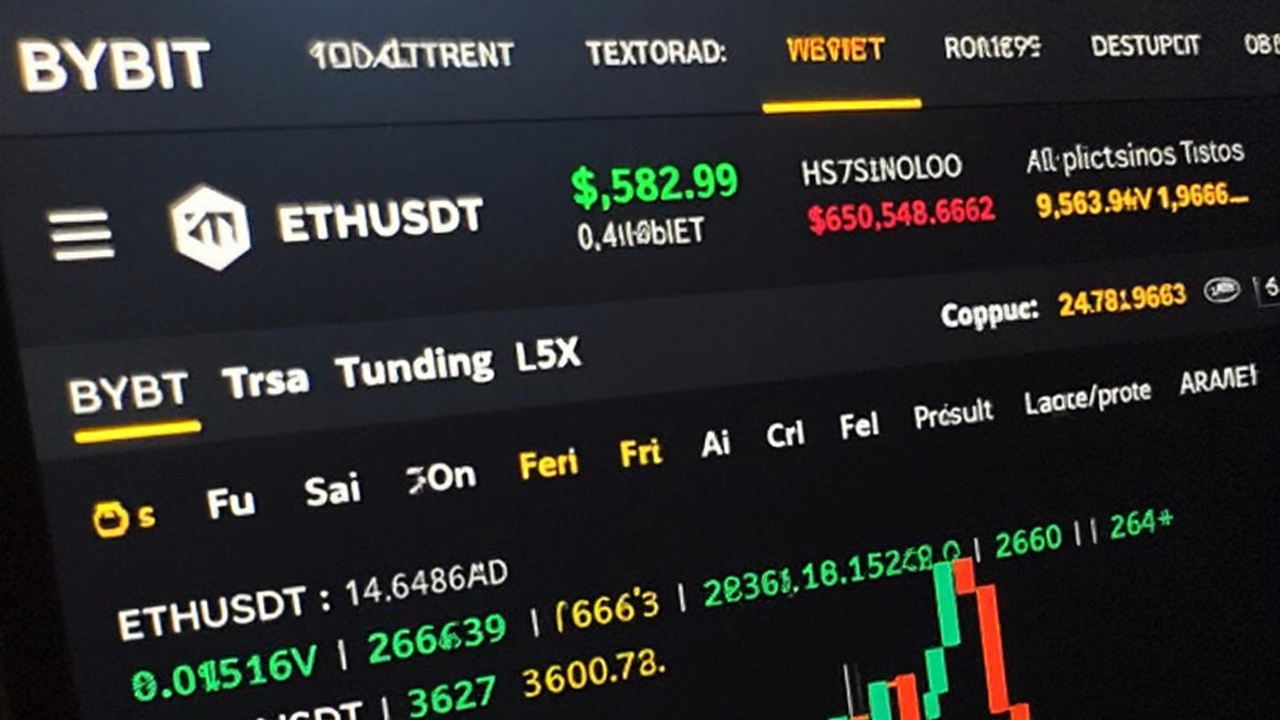Cryptocurrency Theft: Spot It, Stop It, Recover It
If you own Bitcoin, Ethereum, or any other coin, you’ve probably heard stories about people losing their money to hackers. The good news is most thefts can be avoided with a few basic habits. This guide shows you exactly what to look for, how to lock down your wallets, and what to do if you get hit.
Common Ways Thieves Take Your Crypto
Scammers use tricks that feel familiar – phishing emails, fake websites, and social media messages that claim you’ve won a prize. They often ask for your private key or seed phrase. Remember: no legitimate service will ever ask for that information. Another common route is a malware program that records your keystrokes when you type your password. If you download software from an unknown source, you’re opening the door for that kind of attack.
Exchange hacks are also a big risk. Even the biggest platforms have been breached. The key difference is that exchanges keep the private keys for you, so a breach means you lose access to your funds. That’s why many experts recommend moving large balances to a personal hardware wallet you control.
How to Protect Your Digital Money
Start with a strong, unique password for every crypto account. Use a password manager if you need help keeping them straight. Enable two‑factor authentication (2FA) – preferably a hardware token like a YubiKey – rather than SMS codes, which can be intercepted.
Store your seed phrase offline. Write it on paper or a metal backup, and keep it in a safe place. Never store it in a cloud note or on your phone. If you’re using a hardware wallet, keep the device in a secure location and never share the PIN.
Be skeptical of every link you click. If an email says "Your account is locked, click here to verify," go straight to the official website by typing the URL yourself. Double‑check the domain name – a single misspelled letter can lead to a fake login page.
Regularly update your software. Wallet apps, operating systems, and antivirus programs all get patches that fix security holes. Keeping them current reduces the chance a hacker can exploit an old vulnerability.
What to Do If You’re Hacked
First, act fast. Move any remaining funds to a new, secure wallet you control. Change passwords and reset 2FA on every account you think might be compromised. If the theft happened on an exchange, contact their support immediately – some platforms have a grace period for freezing stolen assets.
Gather evidence. Screenshots of transaction IDs, chat logs, and emails can help law enforcement or a forensic specialist track the money. Even though crypto transactions are public, tracing them without the right tools can be tough, so professional help may be worth the cost.
Report the incident. File a report with your local police and, if you’re in the US, the FBI’s Internet Crime Complaint Center (IC3). In many countries, there are dedicated cybercrime units that handle crypto fraud.
Consider a recovery service. Some firms specialize in tracing stolen coins and negotiating with thieves. Look for reviews and verify credentials before paying any fees – the industry has its own scams.
Finally, use the experience to tighten security. Review what went wrong, update your habits, and share what you learned with friends. The more people understand these basics, the harder it becomes for thieves to succeed.
Cryptocurrency theft is a real threat, but it’s also preventable. By staying vigilant, using strong security tools, and reacting quickly if something goes wrong, you can keep your digital money safe and enjoy the freedom that crypto offers.

Record-Breaking $1.5 Billion Cryptocurrency Heist Attributed to North Korean Hackers
Bybit криптохак на $1,5 млрд — крупнейшая кража криптовалюты в истории. Лазаревская группа Северной Кореи воспользовалась уязвимостью в смарт-контракте для кражи средств Bybit. После инцидента была проведена экстренная замена резервов. Захваченные средства были использованы для обхода санкций, что указывает на международные последствия хакерства.
View more